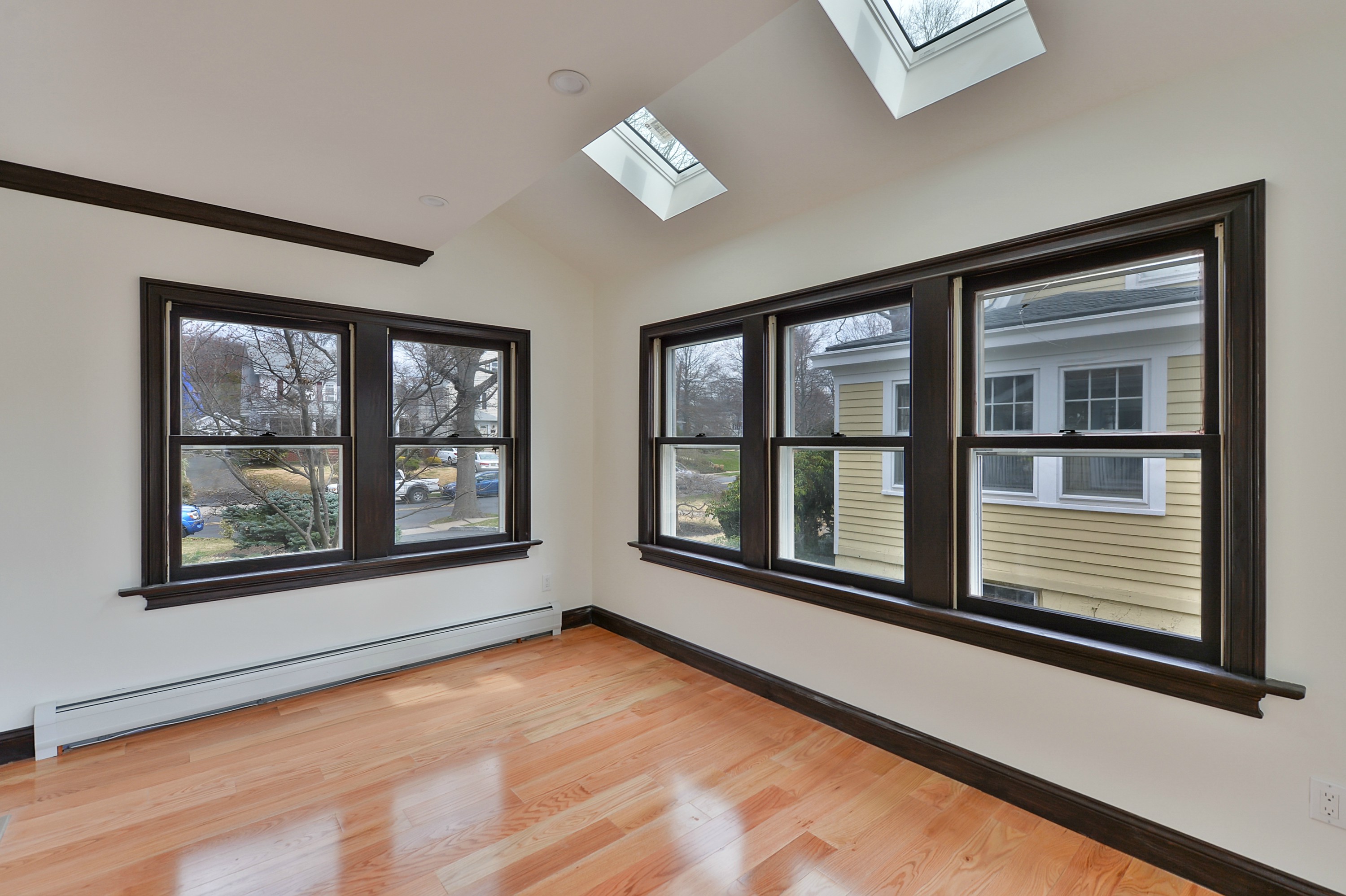
Of all the many heating options you have for your home, electric wall heaters are the simplest and easiest to install. They may not offer the same energy-efficiency as central heating and cooling systems, but they meet the needs of low-demand heating situations and homeowners who can’t afford to install an expensive central heating and cooling system. Covers can simultaneously camouflage the unit’s presence in a room and direct the air flow to increase the comfort level in a room. They’re usually not the first choice for most homeowners, but they fit a niche in the home heating market and can make sense in some situations.
Gas vs Electric Wall Heaters
Most homeowners choose electric wall heaters for their homes, and despite new heating technology, plenty of reasons still exist that make electric wall heaters the best option. Electric wall heaters are easy to install and can be used wherever electrical power is available. The simple design allows an electrical signal to control the heating coils as soon as the desired temperature is met.
Gas wall heaters are more efficient and better for the environment. They typically use a double vent system that keeps fresh air cycling into your home and maintains indoor air quality. Gas wall heater units are, in theory, cheaper than their electric counterparts, but the need for extra gas runs and gas availability usually make them more expensive in the end. Thus, it should come as no surprise that the cost of installing a gas run and natural gas prices in your area often determine whether a gas wall heater is a viable option for your home.
Bathroom Wall Heaters
Bathroom wall heaters are, by far, the most common wall heater installation. Whether you’re installing room-by-room heating units or augmenting central heating and air, bathrooms are often the first rooms to receive a wall heating unit. You might wonder why someone would install a single unit heater if they already have central heating. In some circumstances, a bathroom wall heater can save money and resources. In the spring, you may get up and find the bathroom is downright cold when you get out of the shower, despite the fact that you don’t yet need to heat your entire home. Bathroom wall heaters will keep you warm in the morning after your shower without firing up an energy consuming central heating system.
Likewise, for homeowners who live in warmer climates, central heating may be an unnecessary expense for your home. But, given the fact that you can’t wear an extra layer of clothing in the bathroom, you may very well want to install a bathroom wall heater for those random, cold mornings.
Other Types of Wall Heaters
Single unit, electric wall heaters are the most common form of wall heater, but there are other similar installations that may be considered, depending on your particular situation and needs. Hydronic heating uses pipes and heated liquid within your walls to radiate heat into your home. This is a far cry from single unit wall heaters, but if you’re considering wall heaters because you don’t think you have the space to install central heating ductwork, you may be able to find a way to fit a hydronic heating system into your home instead.
Wall heaters typically refer to heating units that sit next to your wall. Another variant is wall-mounted heaters, which work essentially the same way and are sometimes preferred, based on the amount of space in a room. Baseboard heaters are a kind of wall heater that lies low to the ground and runs along your baseboard. Some homeowners find this wall heating design to be less intrusive to their home’s decorating style.
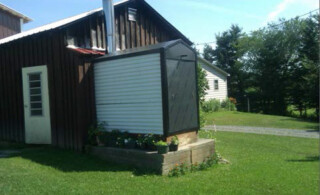 Heat your Home with an Outdoor Wood Boiler
Heat your Home with an Outdoor Wood Boiler 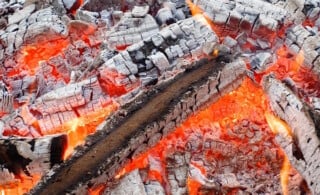 Consider Wood-Burning Furnaces
Consider Wood-Burning Furnaces  Outdoor Heaters: a Refuge from the Cold
Outdoor Heaters: a Refuge from the Cold 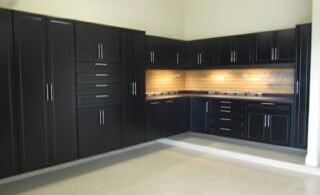 Warm up with a Garage Heater
Warm up with a Garage Heater 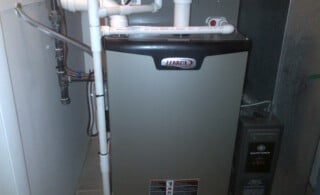 Can You Delay Replacement when the Furnace Breaks? Maybe…
Can You Delay Replacement when the Furnace Breaks? Maybe… 

I need a reflector for a Peerless Gas Heater (1958) Model 7602. Where can I purchase this item?
Can electric wall heater be installed 4 feet
From ceiling
What is the purpose of the square opening on top of the wall heaters ?